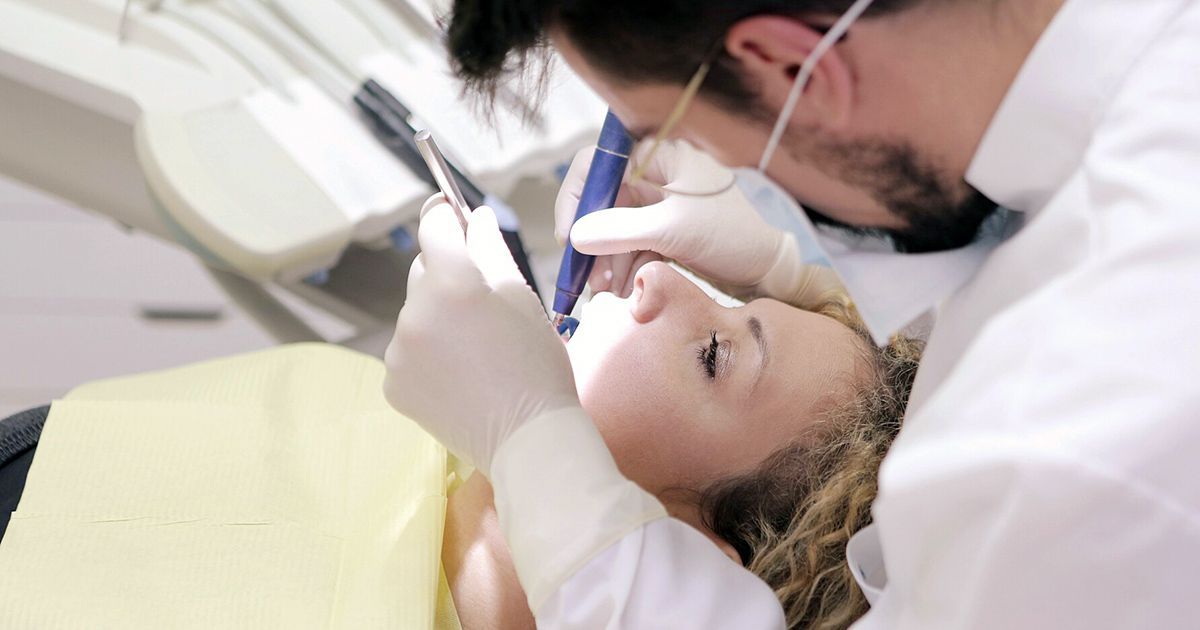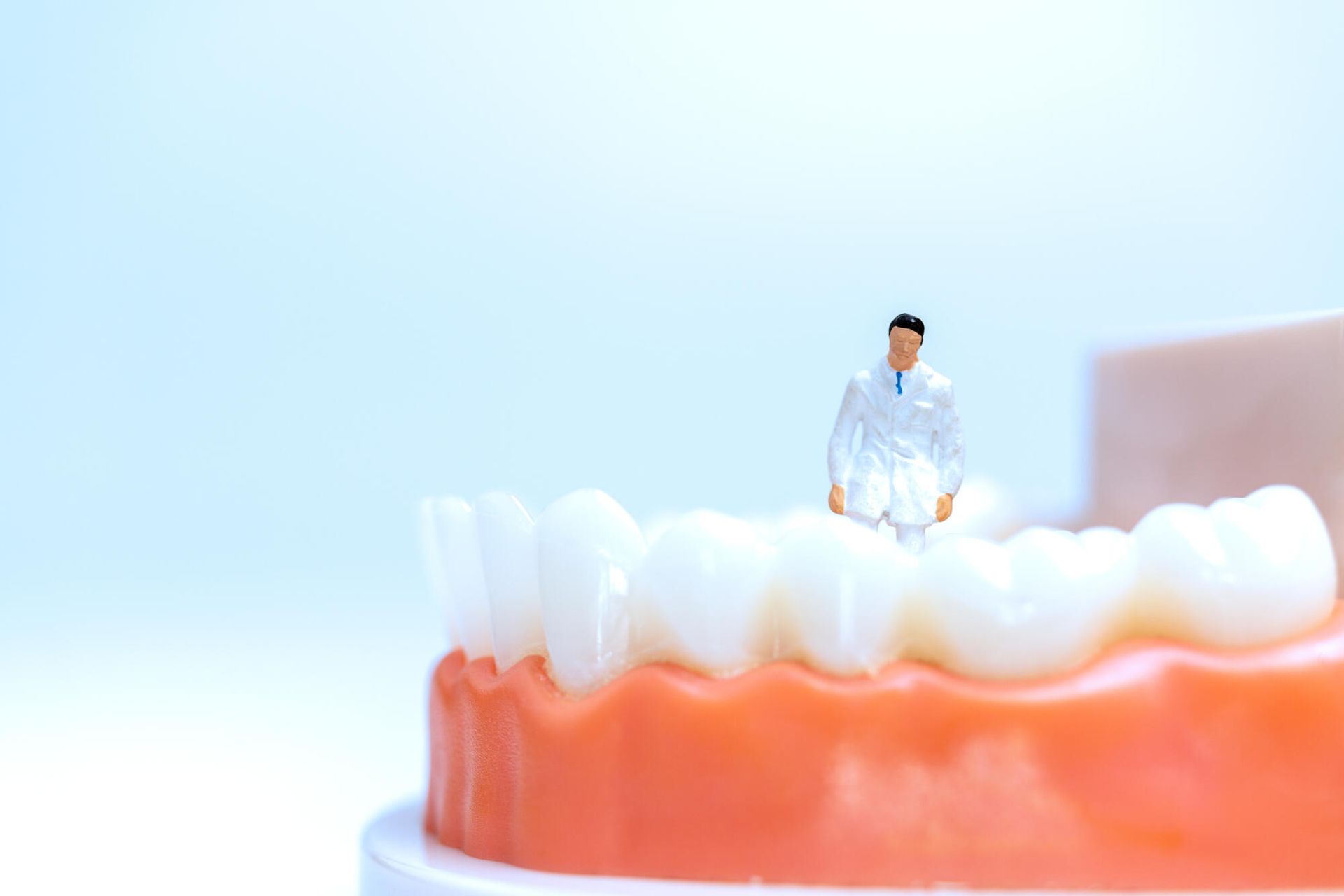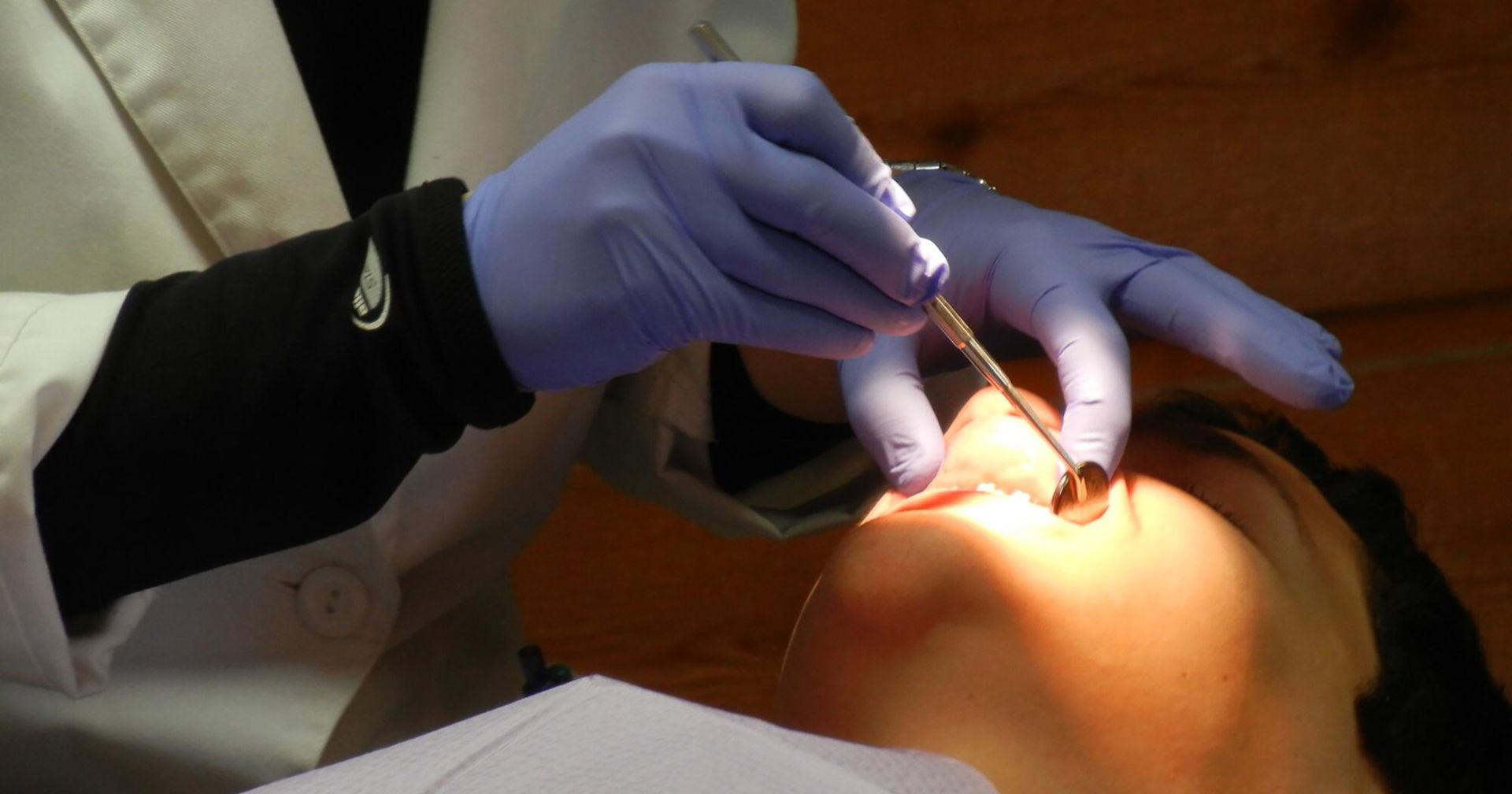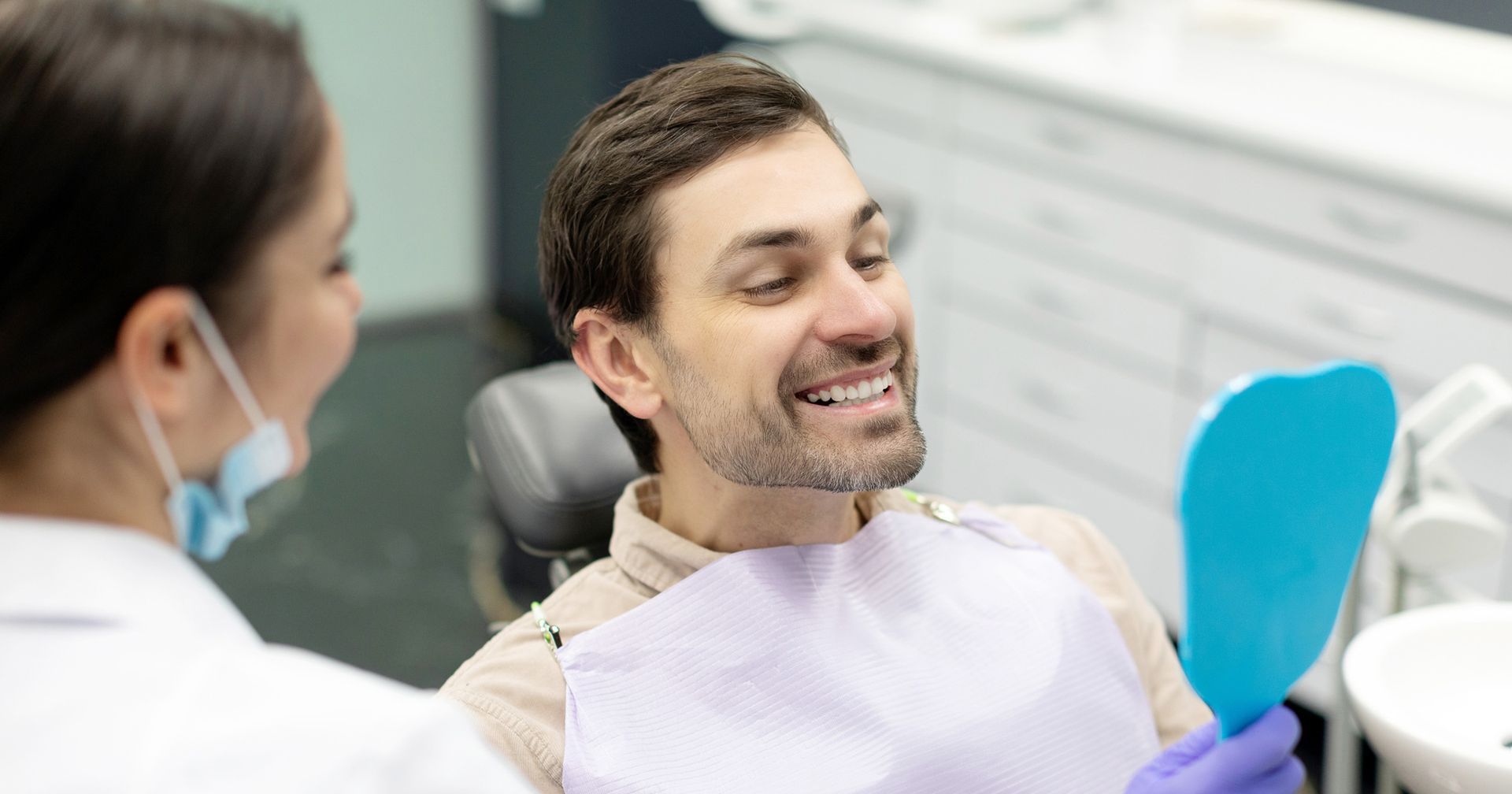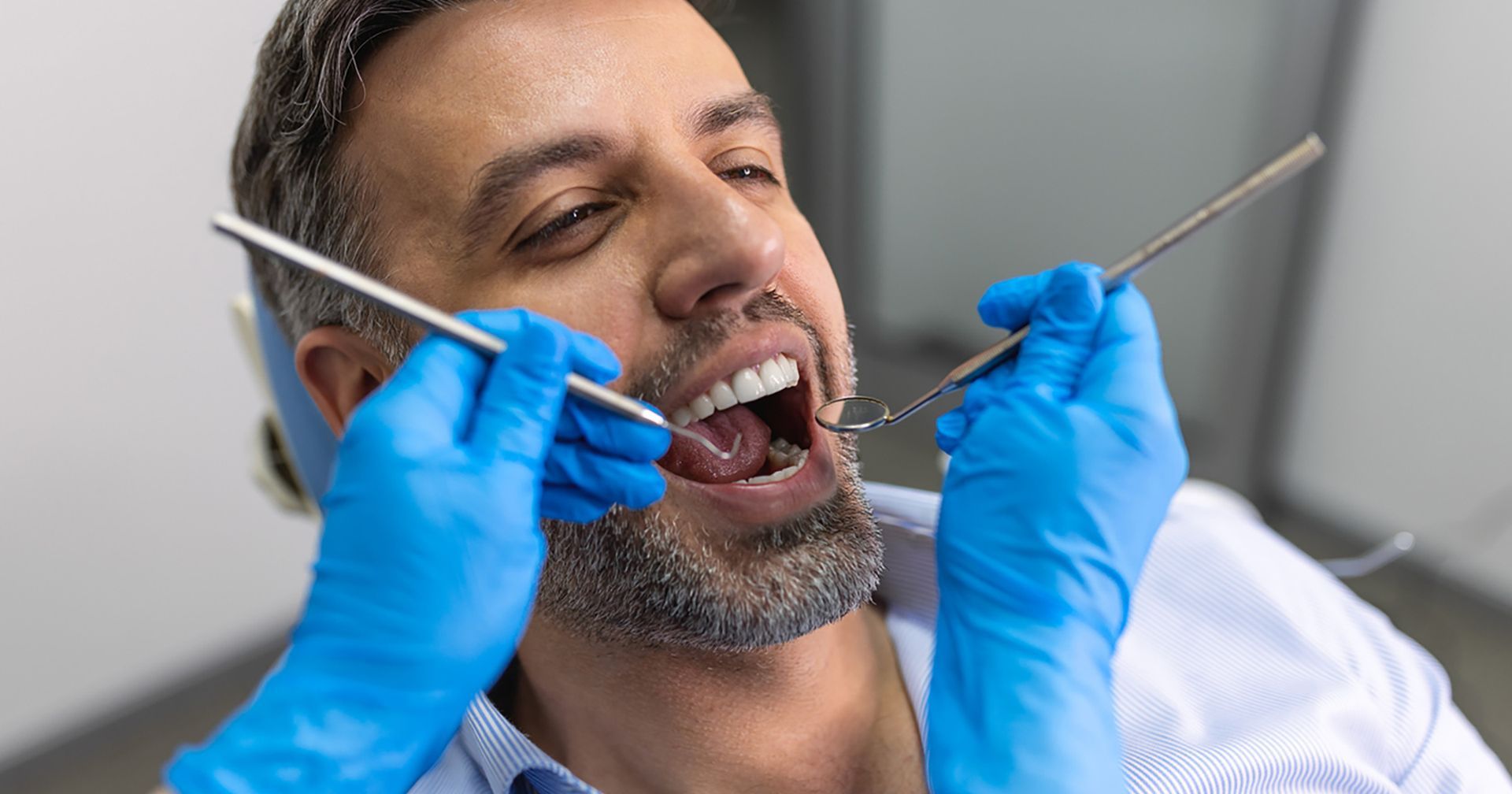There are several reasons why you may be in need of emergency dentistry services in Columbia, MD. Learn more about these issues right here.
Studies estimate that only 64.1% of adults had a dental exam or cleaning in the past year. A significant percentage of these people need urgent care for their teeth and gums.
Whether it's a chipped tooth, a severe toothache, or a lost filling, dental emergencies can cause a lot of pain and discomfort. They can also affect your oral health and your overall well-being.
That's why you need to know what to do in case of a dental emergency and how to find a reliable dentist in Columbia, MD who can help you. Emergency dentistry services are designed to treat the most common problems that require immediate attention.
Here are some of the issues that qualify as dental emergencies and how they can be resolved.
Chipped or Broken Tooth
One of the most common reasons people seek emergency dentistry is a chipped or broken tooth. This can happen due to trauma, such as a fall, a sports injury, or a bite on something hard.
A chipped or broken tooth can expose the nerve endings inside the tooth, causing intense pain and sensitivity. It can also increase the risk of infection and further damage.
If you have a chipped or broken tooth, rinsing your mouth with warm water and applying a cold compress to the affected area can reduce swelling and bleeding before you get to a dentist in Columbia. Try to save any pieces of the tooth that have fallen off and bring them with you to the dentist.
Depending on the extent of the damage, your dentist may be able to repair the tooth with a filling, a crown, or a veneer.
Tooth Pain
Another reason for finding a dentist urgently is tooth pain. It can be the result of many causes, including decay, infection, abscess, gum disease, or impacted wisdom teeth. Tooth pain can range from mild to severe and can affect your ability to eat, speak, and sleep.
Ignoring tooth pain or self-medicating with over-the-counter painkillers is an incredibly bad idea. This is because tooth pain is often a symptom that something is wrong with your oral health. It requires professional care immediately for effective remediation.
Schedule an appointment with your dentist as soon as possible. They'll examine and diagnose the cause of your oral pain, and then provide an appropriate treatment. This may include filling a cavity, performing a root canal, draining an abscess, or removing an impacted wisdom tooth.
Lost Fillings and Crowns
This is one of the less common dental problems that still warrants immediate attention to prevent further issues. When a filling suddenly falls out, food and bacteria can get under the tooth and cause decay and pain. A lost crown also exposes the natural tooth underneath to damage.
If your crown comes off, try to gently place it back on the tooth temporarily using dental cement or temporary adhesive if available. This will protect the tooth until you can see a dentist. For lost fillings, you can buy temporary filling kits at most drugstores to fill the hole and relieve pain until your dental appointment.
Don't wait too long before seeing an emergency dentist for a permanent replacement and repair. The longer you go with a missing filling or crown, the higher the risk of additional dental problems occurring.
Knocked-Out Tooth
Having a knocked-out tooth is another dental emergency that requires immediate action. It's often caused by trauma, such as a blow to the face or an accident.
Depending on the severity, it can affect your appearance, speech, and chewing ability. A knocked-out tooth can also lead to bone loss and shifting of the adjacent teeth.
If you have a knocked-out tooth, try to find it and handle it carefully by the crown (the visible part) and not by the root (the hidden part). Rinse it gently with water, but don't scrub it or remove any attached tissue fragments. Try to place it back into its socket if possible and hold it there with your finger or by biting on a piece of gauze.
If you cannot reinsert it, keep it moist by placing it in a container of milk or water with a pinch of salt. Take it with you to the dentist, preferably within an hour of losing the tooth. The dentist may be able to reimplant the tooth if it is still viable and prevent further complications.
Soft Tissue Injury
A soft tissue injury is a type of dental emergency that involves damage to the gums, tongue, cheeks, or lips. It can occur due to trauma, such as biting on something sharp or cutting yourself with an object. A soft tissue injury can cause bleeding, swelling, and pain.
If you have a soft tissue injury, rinse your mouth with warm water and apply pressure to the wound with a clean cloth or gauze. Apply ice to the area to reduce swelling and inflammation.
If the bleeding doesn't stop within 15 minutes, go to the emergency room and book an appointment with your dentist. The same applies if the wound is deep or large. Your dentist or doctor may need to stitch the wound and prescribe antibiotics to prevent infection.
Abscesses
A dental abscess is a collection of pus that can form in the teeth, gums, or bones of the jaw. It can cause throbbing pain, swelling, foul taste, and fever. It's often a symptom of infection, hence the need for urgent care.
Abscesses form when bacteria invade the pulp of the tooth, often through untreated tooth decay. The pus builds up in the jawbone and causes excruciating pain.
Emergency treatment involves draining the infection, then either root canal therapy or tooth extraction depending on severity. Antibiotics may also be prescribed.
A tooth abscess can become a life-threatening condition without proper emergency dental care. The infection can spread from the tooth to the tissues and bones of the face, neck, and head.
Schedule Emergency Dentistry Services in Columbia MD
Wondering "Why do my teeth hurt?" It's probably one of the above conditions! But don't just assume - Smile Savers Dentistry is here to help you get to the root of the problem. We offer same-day appointments for urgent cases like yours.
Get in touch today to schedule an appointment and discuss your emergency dentistry needs.


